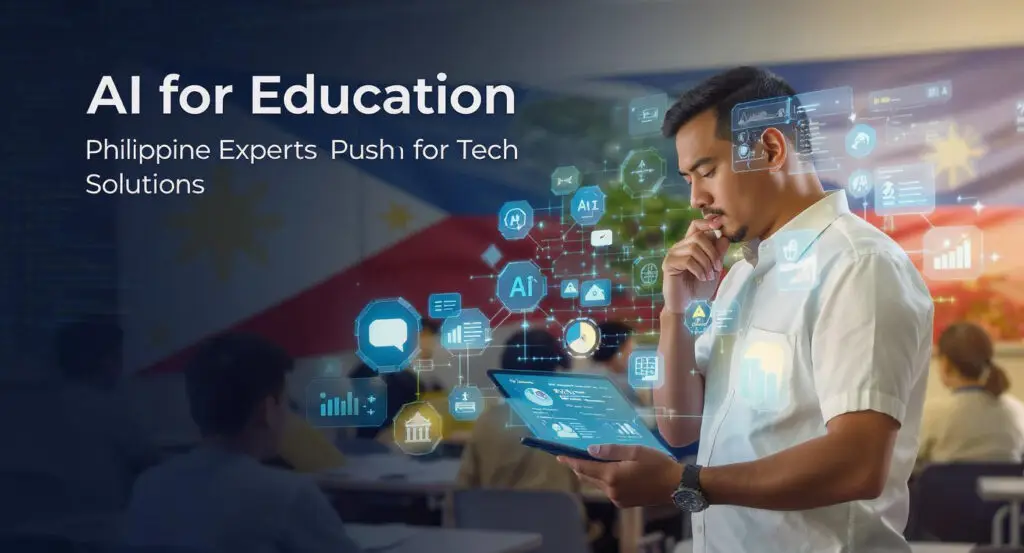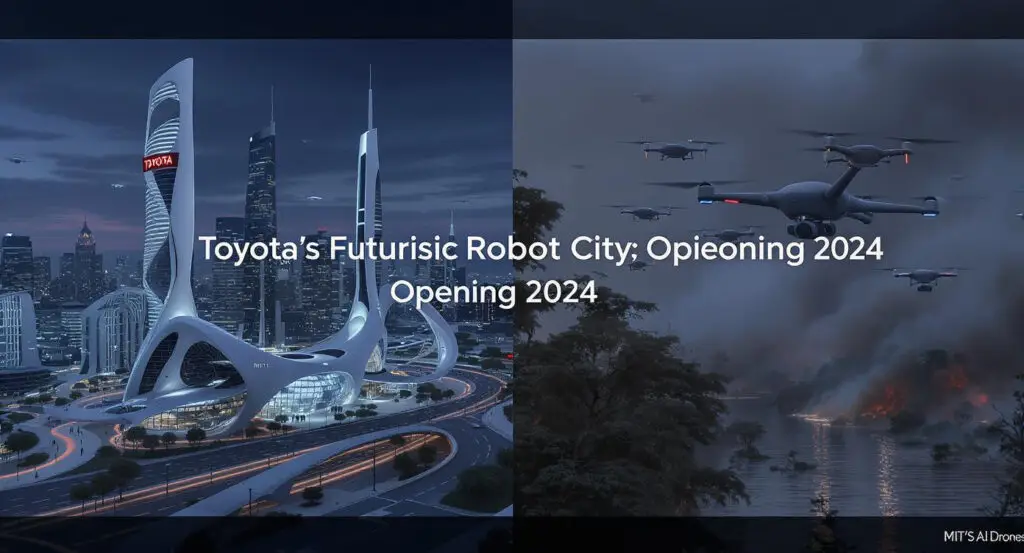In a pivotal move towards embracing artificial intelligence in education, over 80 policymakers, researchers, and technologists gathered on June 11, 2025, for a joint forum hosted by the Philippine Institute for Development Studies (PIDS) and the University of the Philippines (UP). The event, organised through the Philippine APEC Study Centre Network (PASCN), focused on how AI is being used to address classroom disruptions and optimise subsidy distribution across the nation’s public and private schools.
PIDS President Aniceto C. Orbeta, Jr. opened the discussion with a stark warning: “Without inclusive policies and programmes, the AI revolution may exacerbate, not reduce, inequality.” He emphasised that any progress in AI integration must be underpinned by interagency collaboration and long-term investment in infrastructure and human capital.
The centrepiece of the forum was the presentation of two AI-driven projects under the Department of Education’s (DepEd) Education Centre for AI Research (E-CAIR), a flagship programme envisioned to align artificial intelligence with DepEd’s goals of enhancing student learning, supporting teachers, and building system-wide resilience.
Project LIGTAS: AI for Safer, Smarter Classrooms
One of E-CAIR’s marquee initiatives is Project LIGTAS, which stands for Learning Institution GeoHazard Tracking and Assessment for Safety. The project combines AI modelling, satellite imaging, and data from DepEd and DOST-PAGASA to forecast risks to schools from floods, landslides, and extreme heat.
But the system goes beyond prediction. It links hazard forecasts to student learning indicators such as reading proficiency, helping education leaders craft strategies that prevent class disruptions and promote academic continuity during climate-related events.
“We do not just predict. We proactively and strategically plan ahead of time, reducing the effects of hazards and ensuring that no student is left behind,” said Jose Marie Antonio Minoza, a senior data scientist at E-CAIR.
This proactive approach, officials hope, will allow the education system to be more resilient in the face of worsening climate risks, an urgent concern in disaster-prone regions across the Philippines.
Project PAARAL: Smarter Subsidies Through AI
Alongside climate adaptation, Project PAARAL focuses on equity in access. The initiative uses AI-generated school graph networks built from open-source road and location data to evaluate DepEd’s Senior High School Voucher Subsidy Programme, which provides funding to qualified students attending private schools to relieve congestion in public institutions.
These AI-generated networks allow researchers to visualise how road distances, geographic isolation, and funding disparities affect educational access. In one case study, AI revealed that despite a ₱9,000 subsidy, many students still needed to pay around ₱20,000 out-of-pocket, a significant barrier for low-income families.
“This kind of insight helps policymakers rethink how we structure financial support,” said Sebastian Felipe Bundoc, an E-CAIR data scientist who presented the study. The findings underscore the importance of matching subsidies with the actual costs and accessibility of private school education in different regions.
Framing the Future: Policy, Ethics, and Equity
As AI’s role in education grows, forum participants stressed that technological adoption must be balanced with ethical scrutiny. Incoming PIDS President Philip Arnold Tuaño noted, “The message is clear: AI is not a distant technological promise but a present reality with transformative potential for our education system.”
That sentiment was echoed by UP President Atty. Angelo Jimenez, who warned that AI must serve democratic values. “It is not just a question of how AI works but for whom it should work and to what ends it must uplift rather than exclude and empower rather than marginalise.”
Dr. Sebastian Ibanez, Deputy Chief AI and Data Officer of E-CAIR, underscored the potential impact: “If we get this right, AI can help us leapfrog deep-rooted challenges from disaster response to dropout rates and create a more equitable future for learners.”
Aligning Innovation with Public Good
As the Philippine education system experiments with AI-driven strategies, the forum signalling a broader push to ensure that technology remains aligned with equity, inclusion, and public service. From climate resilience to more effective subsidy allocation, these pioneering projects mark a turning point in how innovation can be harnessed to bridge gaps in learning access.
For PIDS, UP, and DepEd, the goal is not only to innovate but to do so intentionally and inclusively, ensuring that every Filipino student benefits from the digital revolution.























